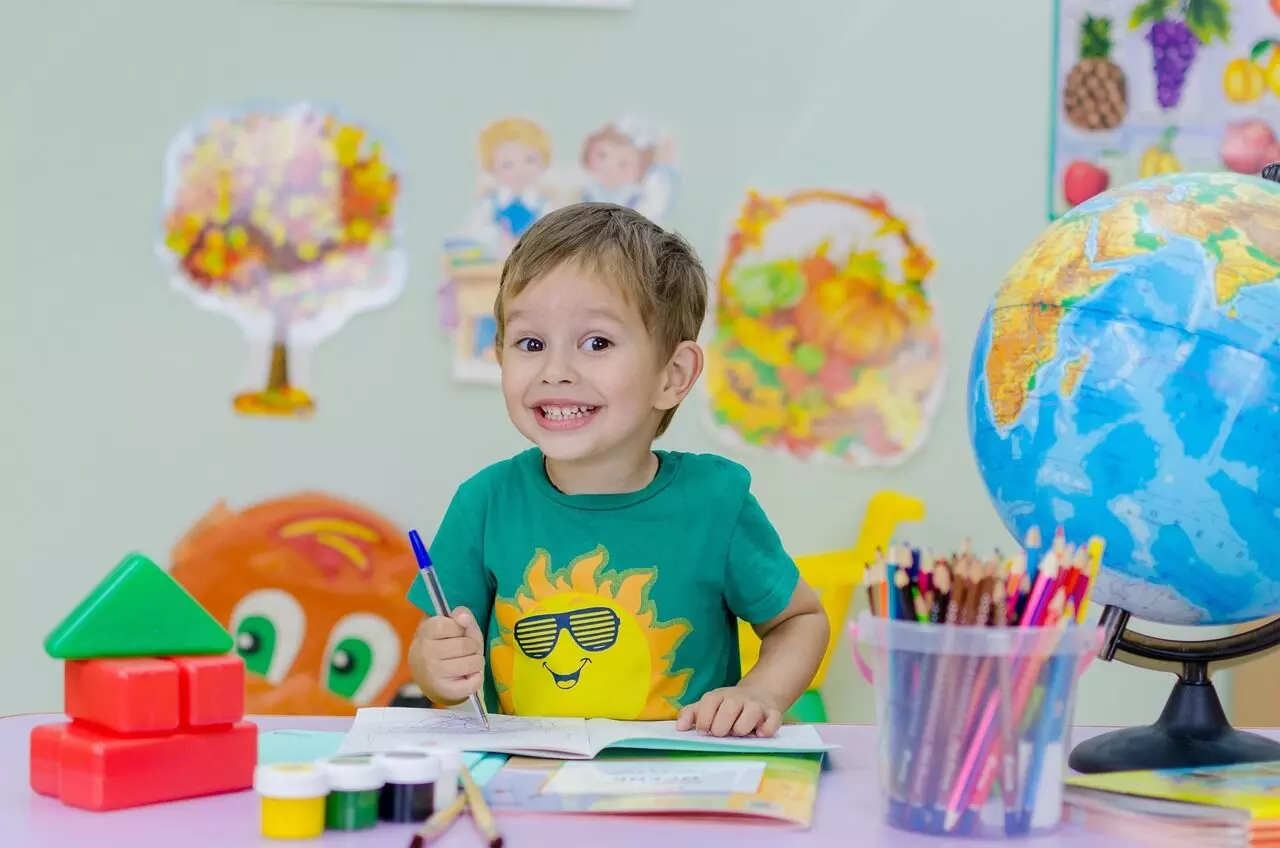Imbibing emotional skills
Children can be taught a range of emotional intelligence skills through day-to-day practical processes, ensuring their well-being and helping them evolve as mature adults eventually

Dear Doctor Era,
I am a parent to a 6-year-old child who is curious and kind. While I was encouraged to be only academically focused, I would like my child to learn skills beyond books and sports. What are the skills of the future with regards to mental health that I can teach him? How can I inculcate some of these practices from this age on in my child?
Regards,
Curious Parent
Dear Curious Parent,
First, I wish to give you a ‘golden star’ for your wonderful vision to enhance your child’s overall wellbeing. If only it were mandatory to learn life skills and emotional intelligence in school, perhaps the global burden of mental health would be significantly lesser.
Teaching emotional intelligence to a young child is a wonderful way to help them develop essential life skills. Here are some key skills to focus on, and practical ways to teach them:
* Emotions: identifying and expressing emotions:
* Teaching children to recognise and name different emotions (e.g., happy, sad, angry) by reading books, using picture cards, or seeing movies like ‘Inside Out’.
* Find situations to ask yourself, and ask your child multiple times a day, open-ended questions like, “How did that make you feel?” or “Why do you think you feel that way?”
* Empathy: understanding others:
* Role model empathy that you wish your child to emulate.
* Read books that highlight empathy and discuss the characters’ feelings and perspectives.
* Encourage your child to consider how others might feel in different situations by role playing.
* Communication: active listening and communication:
* Listen to your child mindfully without any interruptions.
* Teach your child to listen attentively when others speak, and practise taking turns.
* Issues: problem-solving and conflict resolution:
* Teach your child simple problem-solving strategies, such as brainstorming solutions or trying different approaches, without always solving things for them.
* Encourage them to express their feelings calmly if they are unable to solve a problem. When facing conflicts with friends and peers, guide them to find peaceful resolutions through compromise, negotiation, or meeting halfway.
* Failure: resilience and coping skills:
* Children need to be exposed to understand that it’s okay to experience setbacks or failures. Their failure doesn’t define them.
v Share your own failures and fears to help normalise these concepts.
* Emotional balancing: self-regulation and managing emotions:
* After learning to recognise and label emotions, teach simple calming techniques like taking deep breaths or counting to 10 when feeling overwhelmed.
* Help them create a ‘calm-down corner’ or ‘safe place’ at home where your child can go when they need to take a break and regulate their emotions.
* By using art supplies, toys, and imaginative play opportunities, use creativity to express yourself.
* Help them engage in pretend play that reflects different emotions or situations, allowing them to process and regulate their feelings.
* Love: practising gratitude and kindness:
* Gratitude can be introduced at an early age. You can have a gratitude jar at home where everyone writes and drops a gratitude note, and at the end of the month, all the otes are read out loud.
* Small random acts of kindness, such as sharing toys, helping others, can be encouraged.
* Now: mindfulness and self-awareness:
* Introduce simple mindfulness exercises, like focused breathing or guided imagery, teaching them to tune in to their bodies and notice how different emotions manifest physically (e.g., a warm feeling for happiness, a tightness in the chest for anxiety).
* Incorporate short moments of mindfulness into their daily routine, such as mindful eating or a brief moment of silence before bedtime. Always practise what you preach.
* Boundaries: recognising and respecting boundaries:
* Children can be taught about personal space and the importance of respecting others’ boundaries.
* Discuss appropriate touch and consent, and help them understand the concept of “no means no” in a developmentally appropriate manner.
* Relationships: cultivating positive relationships:
* Create opportunities for your child to interact with peers and practise social skills like sharing, taking turns, and cooperating.
* Teach them how to be good friends by modelling kindness, empathy, and inclusive behaviour. For example, teaching them that people of all colours, castes, genders, and orientations need to be treated with respect.
Send your questions to [email protected]



